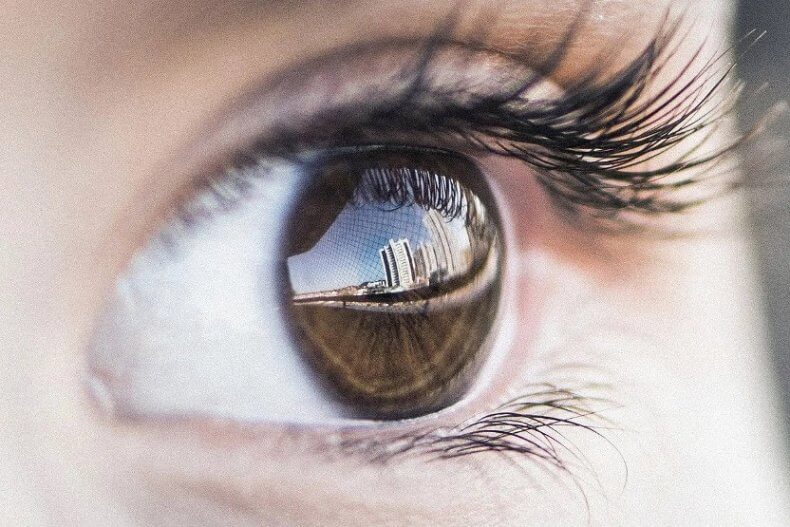The diabetes is a disease that occurs when glucose levels in the blood are high, in some cases damaging the eyes, kidneys and nerves.
Not all people who are diagnosed with diabetes have the usual symptoms like thirst, numbness in the hands or feet, unexplained weight loss and need to go to the bathroom frequently.
Here we tell you what the little-known symptoms of diabetes are. If you notice one or more of them should pay attention and attend a medical examination immediately.
Skin irritation
One of those little-known symptoms of diabetes appears when the blood glucose is above healthy values and the skin dries and causes itching.
You can feel itching in the hands, arms, legs and feet. So if you notice that the skin gets irritated or have itching, you should consider whether it may be caused by the weather. If it isn’t, try to get a blood glucose test.
Diabetes affects blood circulation and extremities are the area’s most prone to irritation in the skin.
Dandruff or dry scalp
Many people cannot even imagine that this may be a symptom of diabetes. When you have an excess of sugar in the blood, your body will seek the way to delete it through urine, which is the usual.
However, sometimes, to remove excess liquid other areas of the body are affected by dehydration. This creates scales on the scalp and can be a little uncomfortable and irritating.
Also causes seborrheic dermatitis, commonly known as dandruff. As the skin is the largest organ of the body, it can be extended to the entire scalp.
In addition, the inflammatory status of this area provides the conditions conducive to the increase of Pityrosporum fungus, causing the dandruff.
As soon as the microorganism settles it uses the fat of the scalp as a food and tends to spread quickly in a few days, being evident with small white scales.
Snoring
This symptom may perhaps surprise you a bit. Due to problems with breathing disorders during sleep can raise blood sugar levels. This condition is known as sleep apnea.
Perhaps it can seem very annoying, but it is better to prevent this symptom because when sleeping you can release stress hormones that rise to a great extent the sugar levels in the blood. If you or your spouse are snorers, read the reviews on all anti-snoring devices before using them, and consult your doctor.
Read This: Difference between snoring and sleep apnea
It is essential to treat and prevent the onset of diabetes.
The snoring related to a number of diseases that you may think that it has nothing to do with diabetes. However, it can be a predominant factor for developing diabetes, as are caused by breaks in the breathing due to the relaxation of the muscle that narrows the airways.
When snoring is present the oxygen from entering the lungs is difficult and, with it, the metabolic chain of the glucose is interrupted.
Hearing problems
Did you know that hearing loss can be a symptom of diabetes?
If you realize that you have to increase the volume of the television increasingly because it is difficult to listen or when you have a conversation you have to tell the person to repeat what he said, notify your doctor.
Various studies have shown that hearing loss could be an indicator warning of diabetes. People with a high blood sugar level are more likely to have some hearing damage that those with healthy glucose levels.
This is due to that very high glucose levels damage the nerves of the inner ear and blood vessels, by altering its performance.
Changes in vision
Diabetes will produce changes in the fluids of your body and this also affects the sense of sight. This is a very common symptom. It may happen that some patients, before being diagnosed with diabetes, begin to see well.
Suddenly you stop need glasses because you can see well without them. When this occurs, the improvement is not permanent. Once glucose levels are stabilized, the patient returns to have the need to wear glasses.
But don’t be alarmed, this is not a diabetic retinopathy. Diabetic retinopathy causes blood vessels behind the eye become clogged.
In the early stages of diabetes, the eye does not have the ability to focus well because glucose levels in the blood are very high. This can cause change shape but does not mean you’re going to lose vision from diabetes.
After a while your blood sugar will stabilize and will not have problems while you have optimal levels of glucose in the blood. These symptoms are often overlooked because it is often associated with other diseases.
If you are noticing these changes, in addition to the common symptoms, you should consult a specialist to give you a diagnosis and appropriate treatment.


